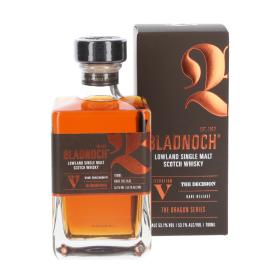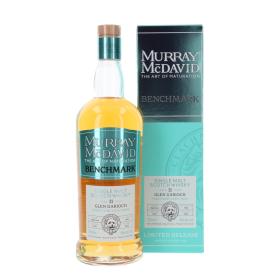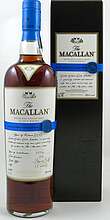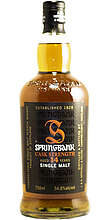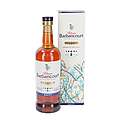Origin
Tokaj is a sweet wine and is considered the first great after the sweetened wines of antiquity. Particularly appreciated among wine connoisseurs are the sweet wines Tokaji Aszú ('Tokaj Eruption'), and Tokaji Eszencia ('Tokaj Essence'). These have been considered precious noble wines and classics of the wine world for centuries. They are produced exclusively in the Tokaj wine-growing region. About 90% of this lies in northern Hungary and southern Slovakia. It takes its name from the Hungarian town of Tokaj. The wine region lies at the foot of the Tokaj Mountains between the two rivers Tisza and Bodrog.
Tokaj' is a protected term. As determined by the European Union, only certain Hungarian wines from the Tokaj wine-growing region may bear the name 'Tokaji' or 'Tokay'. The EU also allowed producers from southern Slovakia to produce and sell wines under the name, provided they comply with the quality regulations in force in Hungary.
Production
Tokay is made from white wine grapes. Different processes are used, which lead to different degrees of sweetness and quality levels in Tokaj. In good years, however, the Tokaj wine region can produce unique wines that are among the best sweet wines in the world.
Tokaj consists of the white, late-ripening grape varieties 'Furmint', 'Lindenblättriger', 'yellow Muscat' and 'Zéta'. The vines grow mostly on clay soil derived from volcanic rocks. The vineyard soils are often stony and in some places sandy. The production of Tokay is complex and expensive. The dried grapes, which resemble sultanas in appearance, are used for this purpose. Due to noble rot on the vine, these have a natural must concentration. However, noble rot depends on the weather and does not occur every year. The Tokaj wine region is climatically well situated: the protection provided by the mountains and the favourable microclimate with humidity and fog are good conditions for the noble rot 'Botrytis cinerea' and the subsequent drying of the berries. Due to this botrytis shriveling of the grapes, the harvest takes place very late, usually in November. The grapes are harvested by hand in numerous picking operations. In the process, noble rot and non-noble rot grapes are processed separately.
Effect on the taste
Tokay itself brings many nuances of aromas through the mix of different grape varieties. The main varieties 'Furmint' and 'Lindenblättriger' provide balanced dry as well as fragrant, floral aromas. These are complemented by the typical muscat notes of 'Muscat' and 'Zéta'. Overall, the Tokaj has honey-like as well as fruity notes, which also give the whisky fruity aromas when it is matured in Tokaj casks.
Effect on the colour
Due to the light colour of the wine, a Tokaj cask has no influence on the colour of the whisky maturing in the cask. Some whiskies post-matured in Tokaj casks have a darker colour, but this then comes from the cask of first maturation, while the Tokaj cask influences the whisky with flavour notes.

